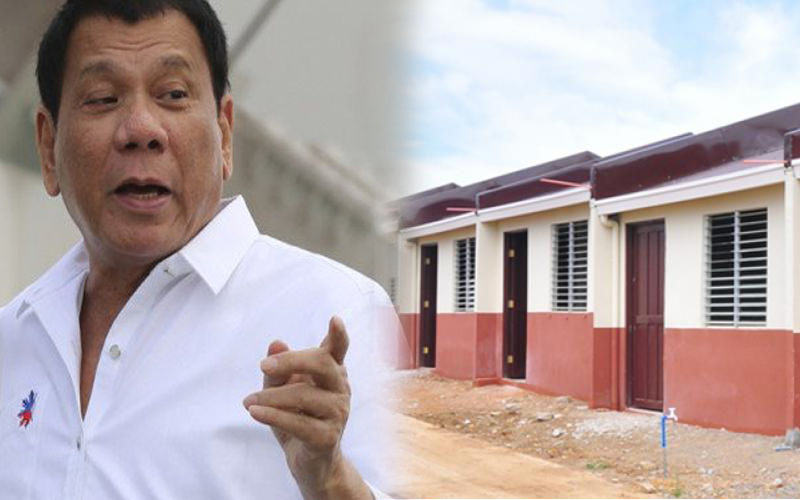
Reading Time: minutes
How One Year of the Duterte Administration Impacted the Real Estate Industry
Duterte. Mention that name to Filipinos and you're sure to get either a frown or a smirk.
It's been roughly one year since the fateful May 9 presidential election, and yet we Filipinos seem to be as divided as ever with our president. Despite the differences we may have, however, it's important for us to look back at the previous year and objectively assess the impact of the Duterte administration from a point of view relevant to many Filipinos: Housing and Real Estate.
According to a study conducted by the National Economic Development Authority (NEDA), Filipinos aspire to have a "comfortable life with the family, free of hardship and worry." A good home is the foundation of any family, and as such, demand for housing is expected to continue rising as the economy continues to grow. Despite not being fully attributable to the Duterte Administration, the economy grew roughly 6.8% in 2016, and is expected to grow approximately 7% in 2017. KMC Savills Real Estate broker Gretchen Cruz suggests that with a strong economy, "there's more money to go around, and people have confidence that it's the right time to start investing in property." In fact, the year-on-year growth rate of the Residential Real Estate Price Index for all types of housing grew by an average quarterly rate of 5.8% in 2016 - an indication of strong demand for housing. All this, despite the political risks highlighted by credit watchers Moody's and Standard and Poor's, such as the country's notorious bloody war on drugs.
Image source: yenbaet.com
On top of residential real estate, commercial real estate loans have also risen by a whopping 18.4% to PHP1.02 trillion, as companies expand aggressively and take advantage of low interest rates. For the foreseeable future, the Bangko Sentral ng Pilipinas (BSP) is not expected to raise interest rates despite rising inflation. According to BSP Governor Amando Tetangco Jr., the announcement of the rate hike in the US was in line with market expectations, and as a result, there is no need to tweak interest rates. This may be good news for the Real Estate market because low interest rates mean the cost of borrowing will be low, effectively encouraging consumers to borrow more and spend aggressively.
As prices rise and local interest rates are projected to stay flat, perhaps now is the best time to invest in homes and other properties. While the past year of the Duterte Administration has been good to the Real Estate market, the future remains to be uncertain as both local and global politics unfold - impacting the economy and the Real Estate Market in potentially bad or good ways. With the administration expected to spend a total of at least PHP8.2 trillion on infrastructure, let us hope for the latter.
Introducing Jarone Tung. Jarone is a Business Administration student at the University of the Philippines and a guest blogger for KMC Savills.
For Internship and Graduate opportunities with KMC Savills, please contact [email protected]

